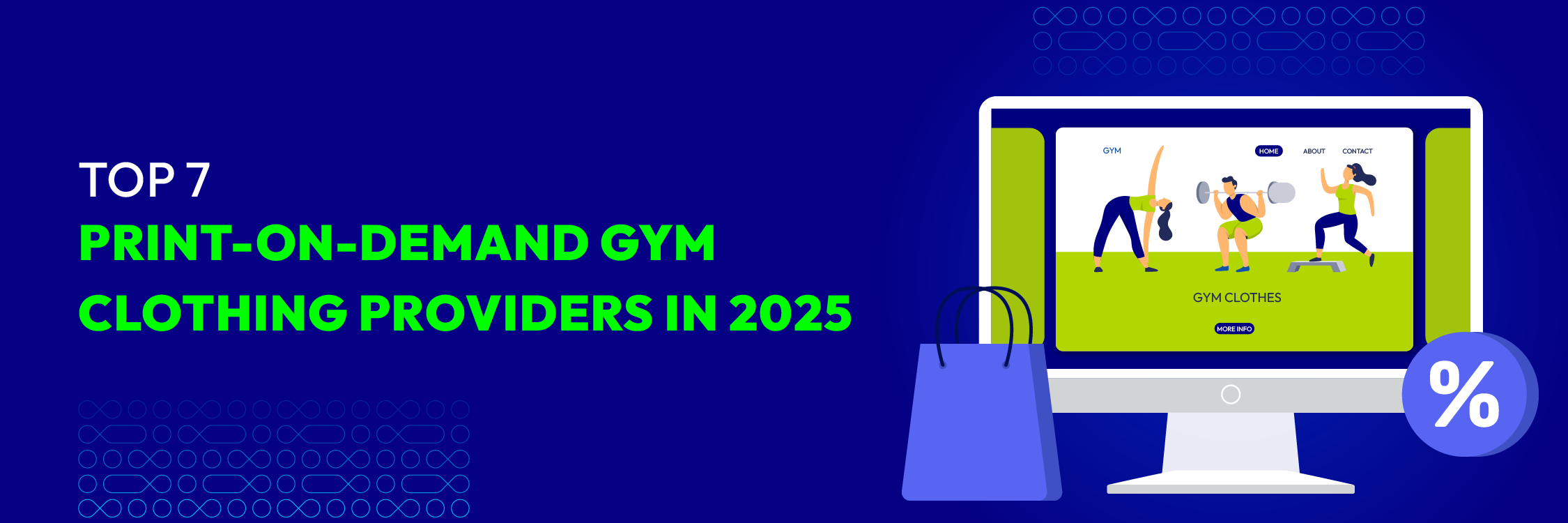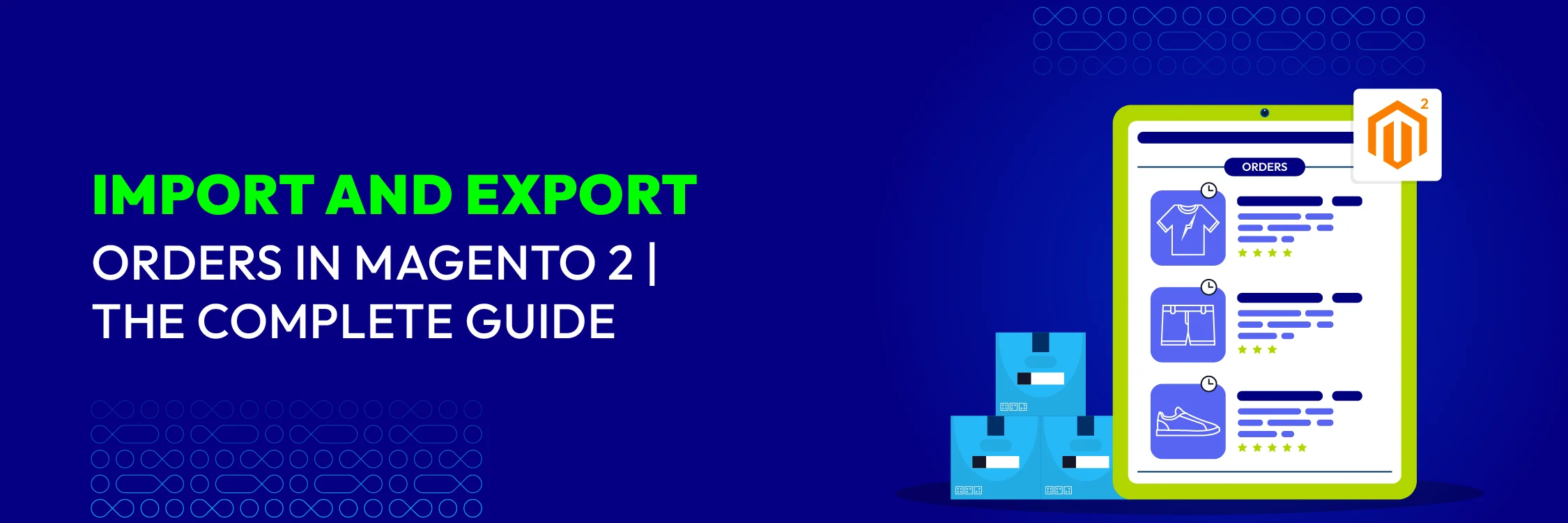Marketing Automation and Its Benefits for Your Business
Summer Nguyen | 12-18-2024

When your business is gradually growing to a larger scale, it is time for you to take full advantage of the benefits of Marketing Automation. That is not something that should be done, but it is almost mandatory to be on par with competitors and meet the market’s needs. That’s the reason why, in 2024, the global marketing automation industry is expected to see a 12.6 percent increase in revenue, reaching over eight billion U.S. dollars.
In this article, we will give you the most detailed knowledge about marketing automation and its benefits, as well as provide suggestions to help you improve the effectiveness of these marketing campaigns.
What is Marketing Automation?

Marketing Automation refers to applying automated software in a business’s marketing processes. This software aims to take over and optimize marketing tasks, ensuring they run smoothly, efficiently, and on schedule. Marketing automation helps marketing teams save time without compromising the quality of their work. As a result, it enables you to achieve your goals faster.
Here is a practical example of how marketing automation can be used to reduce costs, save time and resources, and accelerate business growth:
Welcome email for new blog subscribers
A welcome email is a type of automated email that is sent immediately after customers subscribe to a newsletter or follow a blog. This email plays a crucial role in welcoming new customers, providing valuable information, and guiding them to care more about the company’s products or services. The content of the email typically includes a thank you, subscription confirmation, company introduction, benefits of subscribing, and a call to action (CTA). As a result, customers feel valued and are more motivated to engage with the business.
Conversely, if there were no email automation software like Mailchimp, what would you do to create initial interactions with new customers? Send out manual emails? This would be incredibly difficult for businesses with a rapidly growing customer base. Time waste, confusion, and a drain on human resources would be inevitable. This is why email automation, and marketing automation in general, is indispensable for any marketer or business operator.
Who should use Marketing Automation?
Traditionally, B2B businesses were the pioneers in utilizing Marketing Automation. This is particularly evident in industries such as service, hospitality, manufacturing, and technology. However, with the advancement of technology, a growing number of businesses across diverse sectors, including finance, banking, media, and retail, are now employing Marketing Automation to manage and interact with their customers. Different businesses have distinct objectives.
B2C businesses aim to build brand recognition through Marketing Automation. This is achieved by collecting customer data and creating personalized product or service recommendations based on this data.
B2B businesses, on the other hand, focus on developing customer personas, gathering essential information, and building brand awareness. Additionally, they use Marketing Automation to maintain relationships with their partners.”
Key Benefits of Marketing Automation for Business
So, from the above sections, have you been able to grasp some of the benefits that Marketing Automation can bring to your business? Now, let’s delve deeper into these significant advantages.

Boost Conversion Rate and Net Income
Marketing automation brings significant success to businesses. According to a study by Salesforce, using a marketing automation system helps:
- Increase leads by 27%
- Boost lead conversion rates by 30%
- Improve marketing ROI by 25%
In addition to automating the lead nurturing process, marketing automation software can contribute to building a clear and objective process throughout the customer journey. As a result, businesses can automatically identify customers’ needs and send this information to the sales team, increasing conversion rates.
Save Time and Costs
Leveraging technology to speed up employees’ work allows them to have more time to focus on important tasks—tasks that technology and devices cannot replace humans for. Marketing automation solutions offer significant benefits to businesses. Tasks that once took hours to complete can now be automated in just a few minutes. Additionally, these tools support the marketing team in their work and in coordinating with other teams. As a result, marketers can save time and focus on addressing strategic issues.
Reach and Nurture Leads Automatically
Through data collected and measured from websites, emails, and social media, businesses can quickly build customer personas. This allows you to understand their insights and determine their position in the buyer’s journey. Based on this data and the resulting customer personas, you can segment your audience in detail based on their preferences, location, demographics, and behavior. The next step is to create the most relevant messages.
Without Marketing Automation, you would have to perform all these tasks manually, such as taking notes, making calls, sending emails, and running ads on various platforms like Facebook, websites, Shopee, and Lazada. With Marketing Automation, all you need to do is create a detailed plan, and the system will execute it for you.
Support Lead Scoring
An important benefit of marketing automation is the ability to assign lead scores for the marketing team. This ensures better alignment and collaboration between the marketing and sales teams.
For example, the goal of the entire marketing automation process is to automate the tracking, evaluation, and nurturing process until a lead reaches a score of 26 in the system and is then passed to the sales team. This enables them to focus on high-quality leads, increasing conversion rates.
However, marketing’s role does not end at handover. Some “unqualified” leads are still transferred to sales but continue to be evaluated by marketing for potential re-entry into the nurturing process. Additionally, marketing automation and CRM are closely integrated, allowing marketing to easily track the behavior of these potential customers.
Make Multi-Channel Analytics
In addition to website analytics, a marketing automation tool should be capable of integrating data from the following sources to provide a comprehensive view of a company’s marketing strategy on a single platform:
- Pay-per-click (PPC) advertising and remarketing campaigns
- Social media platforms
- eCommerce platforms
- Call metrics
- Direct mail
- Traditional marketing (billboards, TV, radio)
- Online directories (Yext, Yelp, YP.com)
Optimize Marketing Campaigns
Based on the gathered insights, businesses develop content tailored to specific audiences and stages of the customer journey. After creating a detailed script, Marketing Automation automatically executes tasks such as scheduling posts, setting up email sequences, and more. This helps businesses avoid risks like sending the wrong product, sending products on the wrong day, or sending duplicate or incorrect emails. With Marketing Automation, businesses can reach more customers with high-quality, effective messages at the right time while saving both time and costs.
Make Accurate Reports
Crafting comprehensive marketing analytics reports can be a daunting task for businesses. However, marketing automation platforms have simplified this process. By automating report generation, businesses can streamline this laborious task. Furthermore, marketing automation platforms provide a holistic view of the entire marketing process. This enables managers to identify bottlenecks and inconsistencies.
With accurate and concise reports, managers can gain insights into their processes and pinpoint areas for improvement. For instance, they can track metrics like the decline in leads generated by email nurturing campaigns or the drop in customer numbers during the sales process.
Regardless of the specific metric, accurate analysis helps businesses identify and address issues promptly.
Read more: 12 Best Marketing Analytics Tools
Simplify Management
Modern businesses utilize multiple channels to effectively promote their services or products. This can create a significant workload for managers who must manually update information across various platforms. However, marketing automation tools streamline this process by automatically updating content.
Steps to Grow a Business with Marketing Automation
When exploring Marketing Automation, businesses should thoroughly understand the process to maximize its benefits. The Marketing Automation process typically involves four key steps:
Step 1: Planning
At the initial stage, businesses must clearly define their objectives, target audience, and the most suitable marketing messages. This is achieved by leveraging data from keyword research, market surveys, and social media insights.
Step 2: Lead Generation
Whenever a potential customer engages in specific actions, the Marketing Automation platform is triggered automatically. This enables the identification and targeting of these potential customers with relevant messaging.
Step 3: Lead Nurturing and Development
In this phase, the Marketing Automation platform evaluates and scores leads based on their behaviors. Subsequently, personalized messages are delivered to these leads on a regular basis. This automated process ensures continuous lead nurturing and development.
Step 4: Sales Handoff
Qualified leads are seamlessly transferred to the sales team for personalized follow-up, consultation, and, ultimately, closing the sale.
Best Tips to Chose the Right Marketing Automation Software
Selecting the right marketing automation software is key to your success. Here are some simple tips to help you choose the best option:
- Set Clear Goals: Define your marketing objectives. This will help you focus on the features that matter most to your business.
- Think About Growth: Choose software that can grow with your business, handling more data, users, and complexity as you expand.
- Make Sure It’s Easy to Use: Pick a platform that’s user-friendly, so your team can start using it quickly without being hard to learn
- Ensure It Integrates Well: The software should easily connect with your current tools, like your CRM, email, and analytics platforms.
- Look for Customization Options: The software should be flexible enough to meet your specific business requirements.
- Focus on Analytics: Ensure the tool offers strong analytics and reporting functions to help you measure and improve your campaigns.
- Consider the Cost: Make sure the pricing fits your budget, taking into account any extra costs for additional features or user licenses.
- Check Security: The software should have solid security measures to protect your customer data and meet legal requirements.
Best Marketing Automation Software
You should choose the right marketing automation software based on your business needs, budget, and team size. Here are some of the top contenders in the market:
HubSpot: Provide users with a comprehensive suite of tools, including CRM and email marketing. Known for its user-friendly interface.
ActiveCampaign: Strong focus on email marketing and automation, with advanced features like predictive sending and site messaging.
Adobe Marketo Engage: Robust platform with advanced features for lead scoring, predictive analytics, and account-based marketing.
Salesforce Marketing Cloud: Part of the Salesforce ecosystem, offering deep integration with CRM and sales processes.
Klaviyo: Primarily for eCommerce, with a strong focus on email and SMS marketing automation.
Customer.io: Known for its flexibility and powerful automation workflows.
Conclusion
These days, more and more businesses are seeing the value of marketing automation. It’s a great way to nurture leads, make your marketing campaigns more effective, and ultimately, boost your sales and get a better return on your investment.





